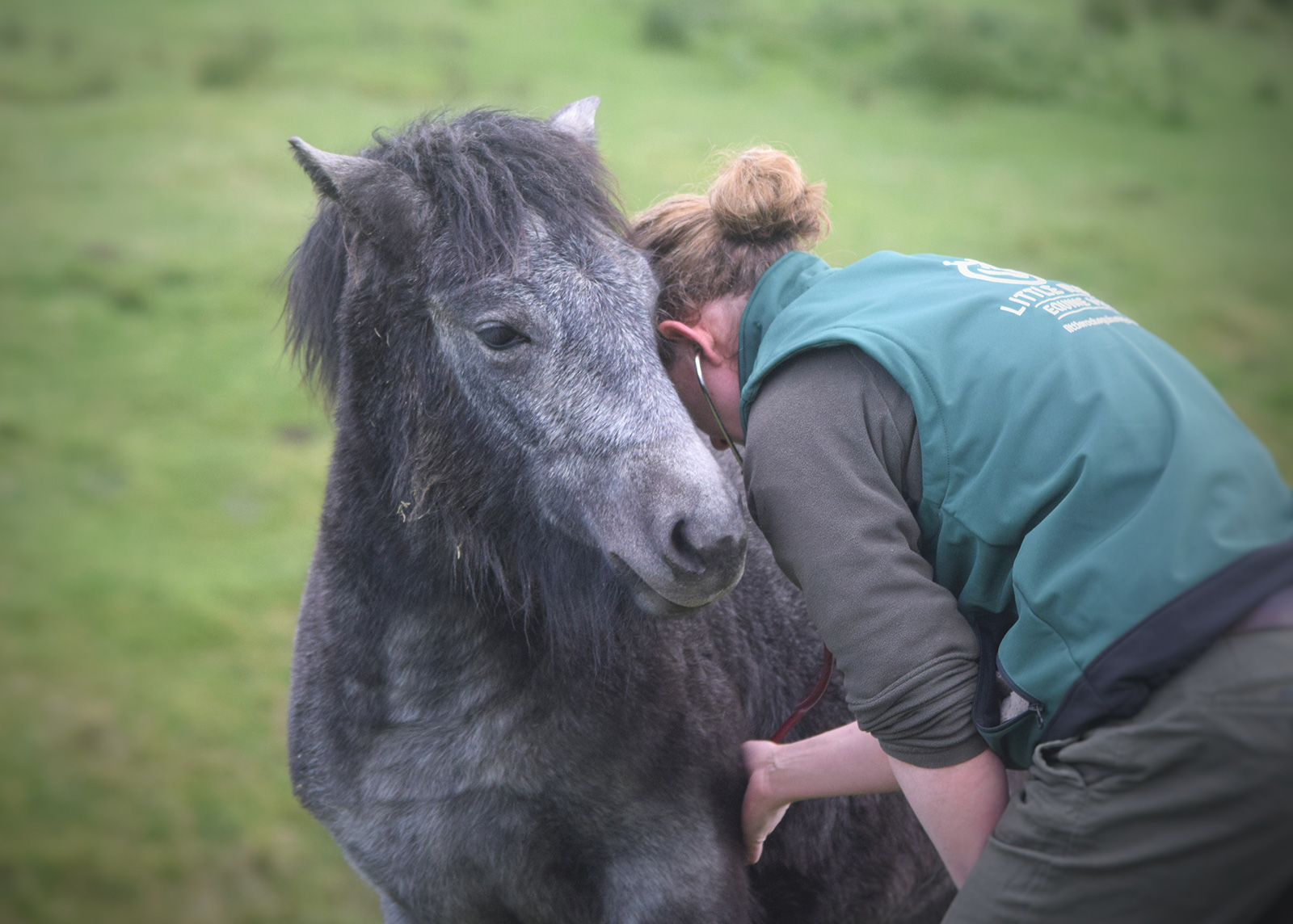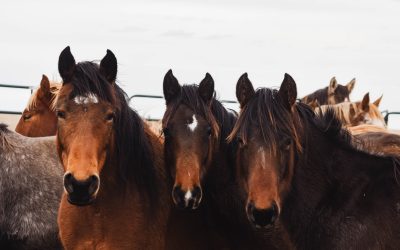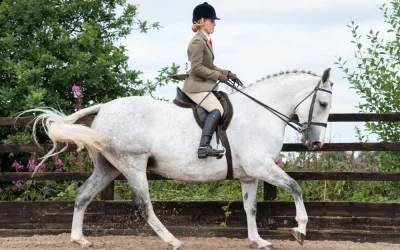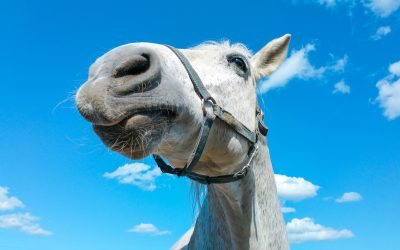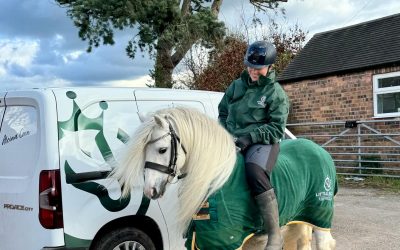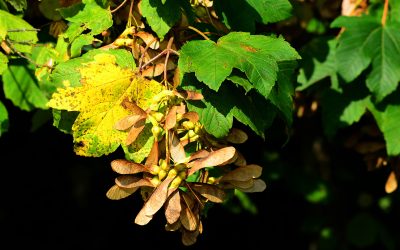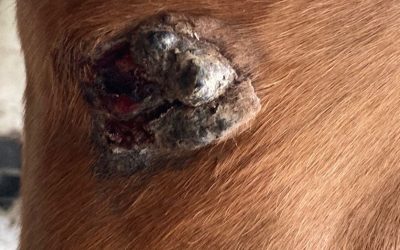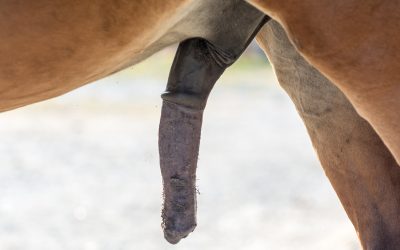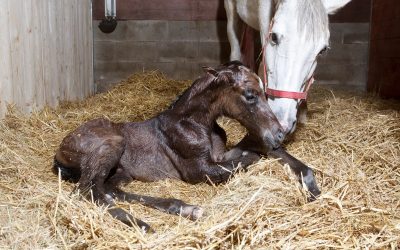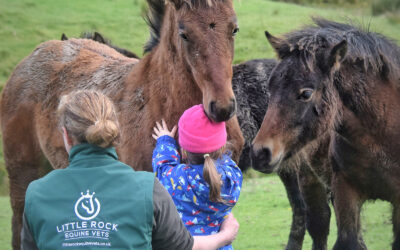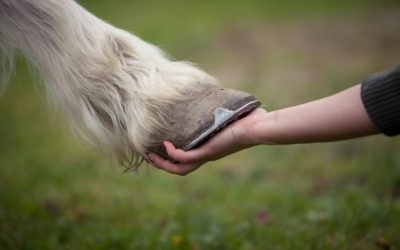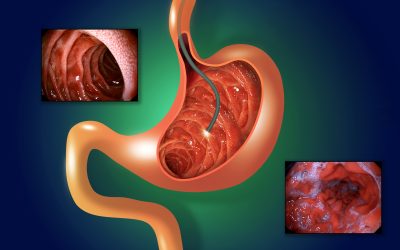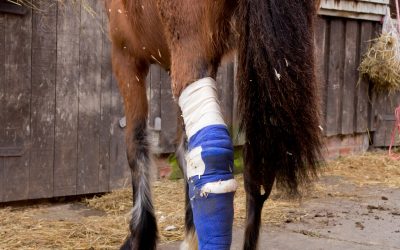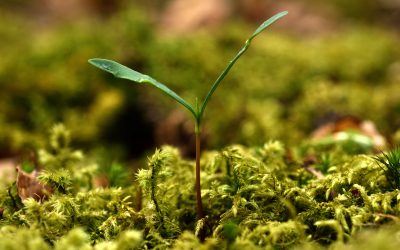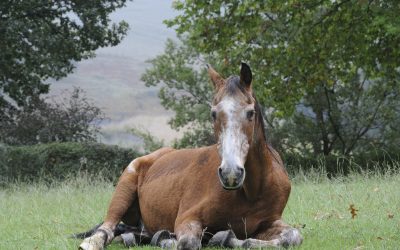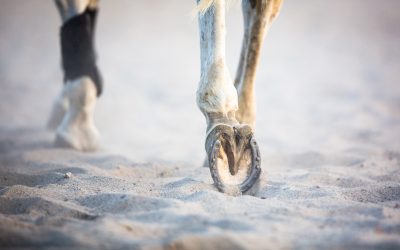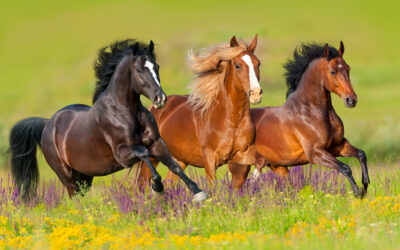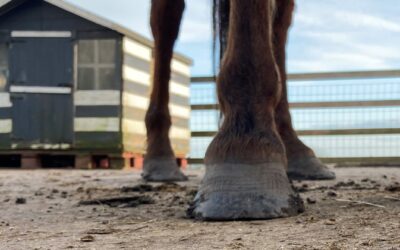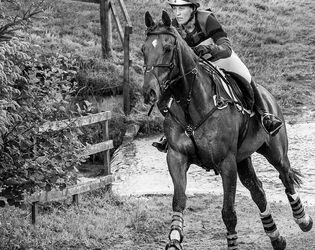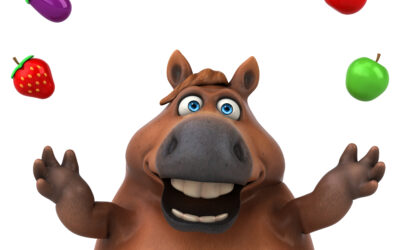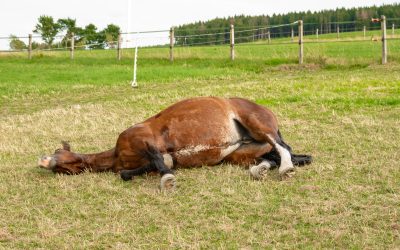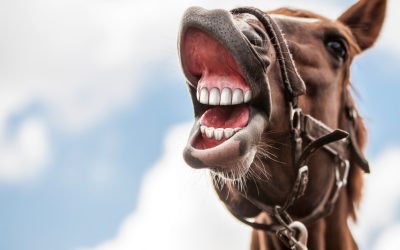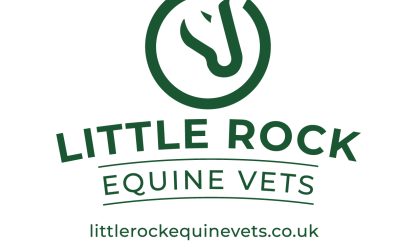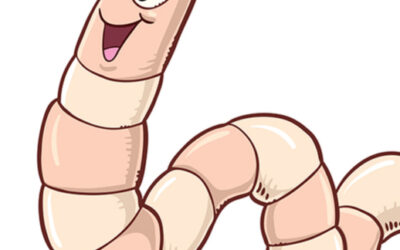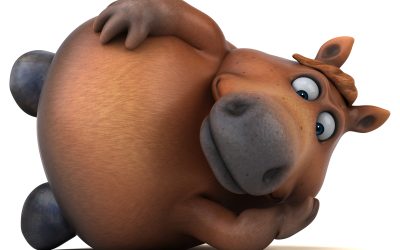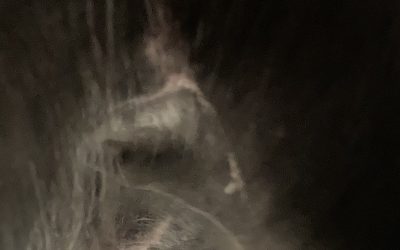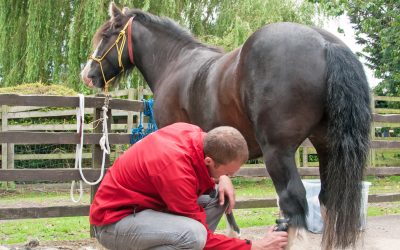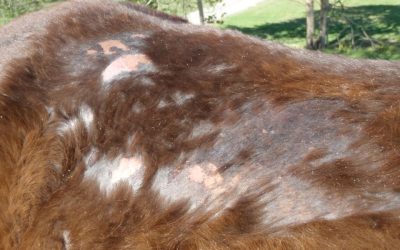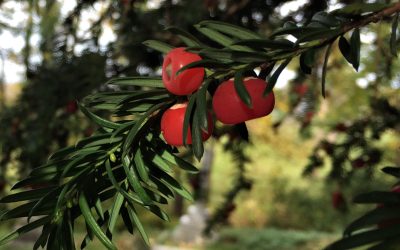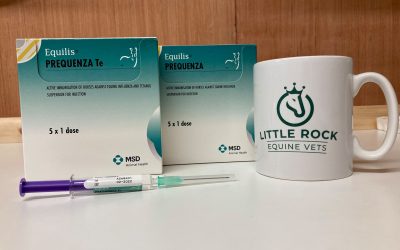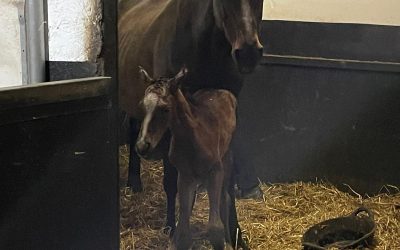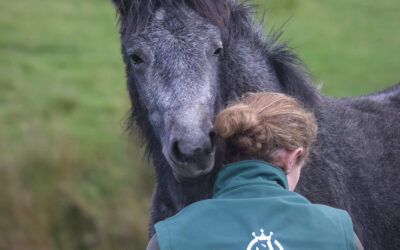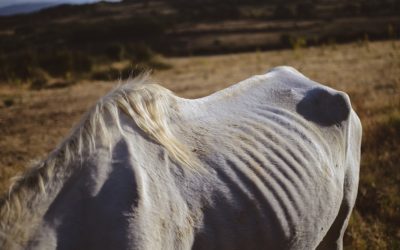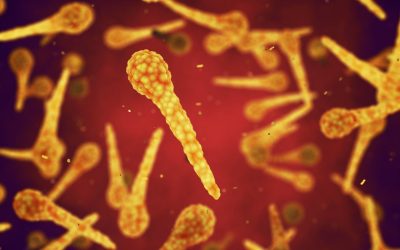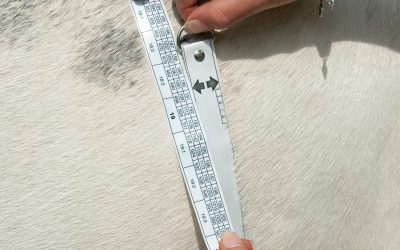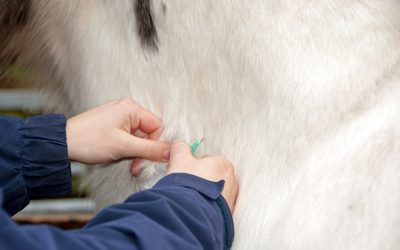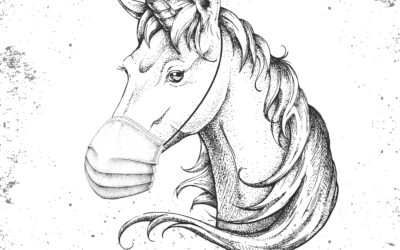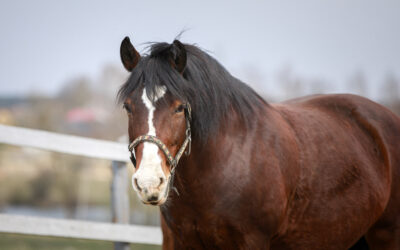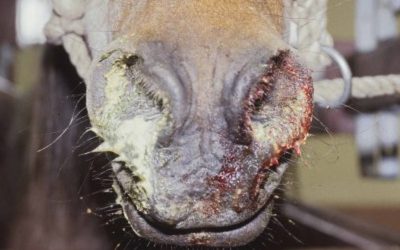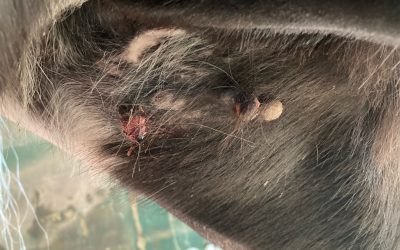Together we care
Based in Endon, Staffordshire. We are the little rock upon which you lean, to get you back in the saddle.
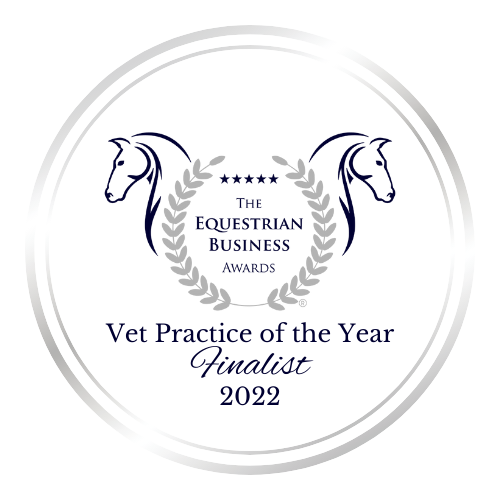
Little Rock Equine Vets was set up by Shelley Cook in 2020. Shelley means “little rock” amongst other things in old English and Hebrew.
Shelley is the “Little Rock” upon whom everyone can depend on in their time of need and this ethos is at the heart of everything we do:
- Targeted and personalised veterinary care for you and your horse.
- Care, extensive knowledge, understanding and a personal service.
- Each visit is a personalised journey for you and your equine partner.
- We build long-term relationships built on mutual trust.
The hallmark of great veterinary care is understanding what really matters and never losing sight of why we are here. At Little Rock Equine Vets, we pride ourselves on doing “the next right thing”. Shelley has spent years working alongside clients developing her skills to be able to give the best treatment options. This is the principle the company stands by on a case by case basis; Great medicine, personalised, all-encompassing care and understanding.
Routine Healthcare
We carry out routine health checks at all our vaccinations as standard.
Vaccinations
We insist that all horses under our care are vaccinated for both Tetanus and Equine Influenza.
Routine Dentistry
Horses have teeth that continually erupt throughout their lifetime.
Area Covered
We are available 24 hours a day, 7 days a week
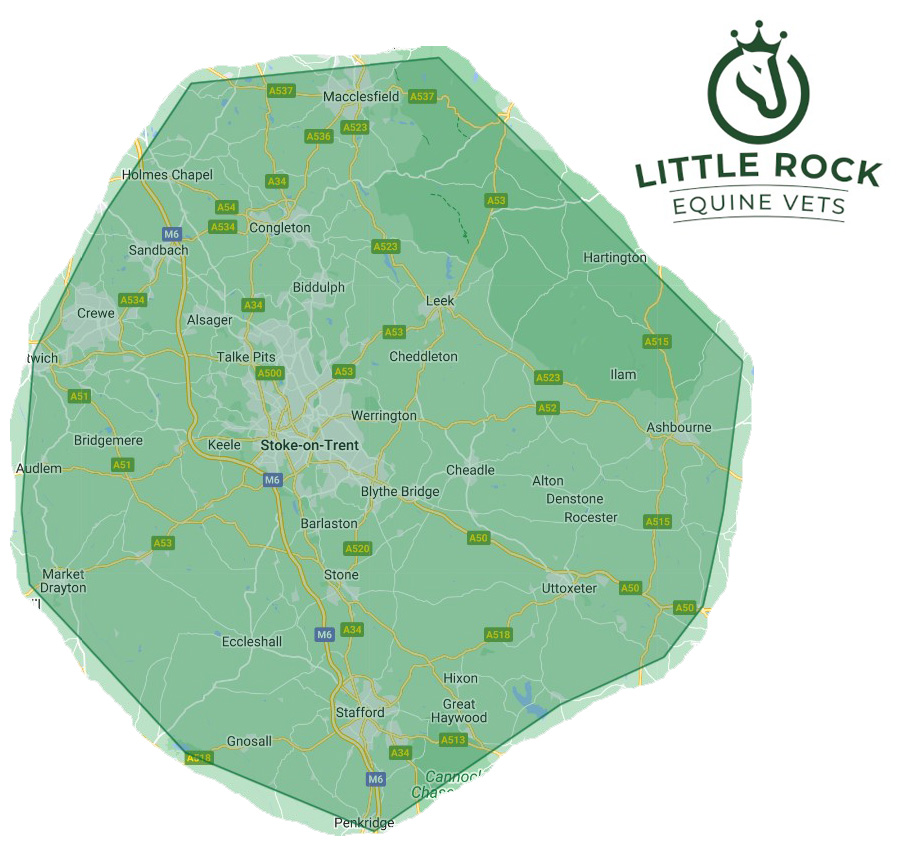

Medical Investigations
Through the use of our outstanding clinical and diagnostic skills paired with the use of our portable diagnostic equipment, we are able to investigate, diagnose and treat medical conditions.
Microchipping and Passports
You may be aware, as from the 1st October 2020, it is now compulsory to have your horses microchipped and registered. This can be done alongside passporting and can be included as part of a routine visit.
Mile radius covered
years experience
Latest from the Blog
Castration in Colts and Stallions – An Owner’s Guide
As spring begins to show its face across Staffordshire, we all start looking forward to lighter evenings and warmer days. It’s also the time of year when we see a noticeable hormonal surge in both mares and entire males. This is often when owners begin to notice that...
Equine Metabolic Syndrome: Recognising and Managing EMS in Your Horse
Equine Metabolic Syndrome: Recognising and Managing EMS in Your Horse Some horses seem to hold on to weight more easily than others, especially on rich grass. This is often the case with native breeds like the Irish Draught, Connemara, and Welsh ponies. Combined with...
Summer and Heat Issues in Horses
This spring and summer has been highly unusual and the continuing heat with increased temperatures doesn't fit in well with our four legged friends routines. Heat waves like the one that is expected over the next 7 days brings it's own issues for our four legged...
Ready to Boost Your Horse’s Fitness? Let’s Get Started
Keeping your horse fit isn't just about looking good in the field or on the yard; it's crucial for their overall health and performance. Here are some some effective methods to boost your horse's fitness in a way that's both fun and useful to both your horse and you....
The Ripple Effect: How Changes in Routine Impact Horses
Horses don't adjust well to rapid changes in routine. The bacteria in their gut, is slow to adjust therefore rapid changes can cause issue which if not caught early can mean seeing your vet. With the winter weather season upon us, we thought it important to remind you...
Tackling Atypical Myopathy: Protecting Horses from Hidden Danger
Atypical myopathy (AM) is a serious, often fatal muscle disease in horses, commonly associated with the consumption of seeds or leaves from sycamore trees (Acer pseudoplatanus), which are toxic to equines. While it's most frequently seen in the autumn, as sycamore...
Lumps and Bumps – Sarcoids and Melanomas
Sarcoids and melanomas are the two most common skin tumours that we see in horses. They can both affect horses from a very young age, and if they have one, there are usually more lurking. Although most of them will be considered ‘benign’, they can become very large...
Shine Bright: The Ultimate Guide to Sheath Care for Grateful Geldings.
Why do we clean sheaths in geldings: Hygiene: The sheath can accumulate dirt, debris, and smegma, which is a waxy secretion. If left uncleansed, this buildup can lead to irritation, discomfort, and even infection. Prevention of Infections: A dirty sheath can provide...
Is Your Foal Feeling Under the Weather? A Guide to Spotting Illness and Taking Action
When your foal is born: It should be have a suck reflex within 20 minutes Stand in an hour Sucking at the milk bar within 2 hours A new born foal has no fat reserves so obtains all of its energy from the sweet and sugary colostrum which it must be consumed within the...
Pregnancy diagnosis in the mare
There are several ways to diagnose pregnancy in the mare: Ultrasound scan Rectal palpation Blood test Ultrasound scan The most common method of diagnosing pregnancy used by vets is ultrasonography. Timing for this is crucial. There are several important factors to...
Soleful Struggles: Navigating the Maze of Laminitis in Equine Well-being.
There has been a rise in cases of laminitis in the practice over the last week to 10 days. Laminitis is one of the biggest welfare issues in the equine world in general. It is a painful disease process and kills many of our four legged friends each year. Root Causes...
Are Gastric ulcers a problem?
We’re sure many of you will know a horse that has had gastric ulcers in the past, but what is actually going on? There are two broad regions of the horse’s stomach; the squamous region and the glandular region. The squamous (non-acid-producing) region sits at the top...
Sepsis – How serious is the wound?
We all find at this time of year, that our noble steeds are looking for ways to self inflict damage. Most wounds are not serious in that a few days of care they are back to fighting fight. However there are certain areas in the body that should receive special...
Atypical Myopathy
Atypical myopathy can be a problem in the spring as well as the autumn. The number of cases has been high throughout the UK over the last few winters and spring due to the unseasonal weather we are currently having. Today's blog takes a look at how we can minimise the...
Golden Oldies:
When our beloved horses, ponies or donkeys start slowing down and showing the wear and tear of their lives well lived we need to think of how we can help manage, maintain and support them into retirement or an easier way of life. The BHS website has a great page on...
Changes in weather and its affect on the feet.
Why do horses get abscesses after a change in weather? The hoof is predominantly made from a tissue called keratin. This is similar to your nails in that it is hard and tough with about 25% moisture in its structure. It is porous, which means that moisture can bet...
Springing into spring:
We don't know about you but in the last few weeks, we have been busy spring cleaning and getting ready for the upcoming better weather. This got us thinking about what common bugs, beasties and diseases are seen on horses and ponies at this time of year. Common Skin...
“No Foot, No Horse”
We are all very familiar with this saying and it is still true today. The best people to deal with your horses foot health are your farriers. It doesn't matter if they are shod or unshod, balance of the foot and more so the bones within the foot are vitally important...
How to prepare for the coming season:
To be fit enough to compete at the early competitions, your horse needs to be in full work. Full work is being ridden 5-6 days per week in a varied set of exercises and surfaces. This will build a basic level of fitness. Once you have established basic fitness you can...
Weight loss:
As we approach the competition and show season, it's time to start looking at waist lines in our horses and ponies. Horses are designed to gain weight in the spring and summer and become more insulin resistant as their fat to muscle ratio gets higher. If this...
When your woolly monster is scared of clippers……
Its amazing how quickly the season changes from summer straight to full on winter woollies in our horses and ponies. There are a number of reasons we clip: They need to lose weight, to prevent issues like laminitis/EMS They are working hard over the winter monthsThey...
Cold snaps and colic
When I stepped outside the door this evening, I suddenly realised that the ambient temperatures we have had over the last few weeks have come to an end and the colder nights and mornings are here. As horse owners, the cold always worries us, as cold weather and horses...
Horse insurance is a minefield:
The old saying "buy once and buy right", is very true for insurance: There are cheap policies out there but they can cause issues both at renewal and during the insured period. Unfortunately veterinary care can be expensive. The average cost of a wound to a leg can...
Winter lameness issues:
As the nights draw in and the weather starts to change, we need to start thinking about how to keep our horses going through the winter months. Common winter lameness issues: These are commonly seen in the winter months and can be prevented with careful management....
Skin issues in horses.
Horses can get a number of issues with their skin, we are going to do a run of posts on a few common skin issues over the next week: Sarcoids. Sarcoids are cancerous growths on the skin. They can appear anywhere on the horse and range from small skin tag size lesions...
Sometimes we are truly humbled…..
We had our interview as one of three finalists for the Equestrian Business Awards on Wednesday night. It was a full team effort and we hope we passed muster and didn't let any of our wonderful nominators down. We received an Email this morning and the whole team has...
The sun has got his hat on…
Bright sunshine can be a great thing. However it can also cause eye issues in horses. It's important to ensure that your horse has adequate UV protection from the sun. Sun and it's warmth in the summer can cause a few issues; UveitisConjunctivitisUlcers Uveitis:...
Worm resistance….How worried should we be????
As reports released this week show, we as horse owners, are getting frightening close to the point where the wormers we have will become useless. The reasons for the increase of worm resistance have many factors: Over wormingLack of worm egg countsNot poo picking...
Laminitis risks:
With the weather over the last few weeks, the grass has been growing fast. At this time of year the grass is very high in sugar and this means that the amount of calories per mouthful increases. This means that horses and ponies are more likely to put on weight. As...
Scabby legs….
.....it's been a rather warm and wet spring. As a consequence we've seen a fair few horses with mud fever (or to give it the technical term, pastern dermatitis). This usually occurs in the pink skin areas of the horse. The term can be used to refer to a wide range of...
Sarcoids
There are many types of sarcoid six to be exact: Nodular, verrucous, occult, fibroblastic, mixed and malevolent. These cause heartache to many horses and owners. Some interesting sarcoid facts: Sarcoids can develop anywhere on the skin, but some are more common than...
External parasites:
External parasites such as lice, leg mites and pin worm are commonly seen coming out of spring and into summer. Here are some of the clinical signs seen with each: Lice:hair loss over face and bodybiting at body"walking dandruff" in the mane and top of tail Leg...
Skin issues in the horse.
The skin is the largest organ in any animal. It protects the body from infection, injury and disease. However there are quite a few ailments horses can get that affect this organ. External parasites: These are parasites such as lice, leg mites, and pin worm. They are...
The importance of good dentistry….
Our horses health is important; from getting the right farrier, the best riding instructor, the properly qualified physio, and correctly fitted tack. Why do we then go to look for a cheap deal for our equine dental care? It's a question that has plagued me for many...
The importance of good fitting tack:
All horse owners love a good saddle and a smart bridle. However, regardless of what make or brand the most important thing is that it fits. Ill fitting tack, can lead to tight muscles, pain and in the wort situations lameness and back issues. Therefore it is important...
No Foot, No Horse ………..
Foot balance is important. If the shoe doesn't fit correctly and help maintain the foot balance then potentially you line your four legged friend up for work related injuries. If the weight of the horse is being supported unevenly then stresses on the soft tissues...
The importance of fitness and nutrition:
It is important that we prepare our horses correctly to ensure they stand up to the work we are asking of them. Fitness: Its important that you build the fitness of your horse. Below is a short list of what you should be doing to build fitness: Preparation before you...
Other toxic plants:
Buttercups: These are a common sight across the rolling hills of staffordshire. Buttercups thrive on poor horse poor ground and whilst they are usually not tempting to horses we do find that if grazing is restricted that horses will eat them. Toxins are...
Sycamore and other acers
This is known as a seasonal toxin. It is thought that the helicopter seeds in autumn, and the saplings in spring, contain Hypoglycin-A that causes atypical myopathy in horses. Not all seeds or saplings will have the same amount of the toxin in them therefore...
Ragwort – The yellow killer.
Ragwort when it is fresh and growing has a very bitter taste. This means that horse’s are unlikely to eat it unless limited grazing is available. It tends to grow tall and when it is knocked down and becomes dried, it is more palatable to equines. This is...
Vaccinations – why do we do it?
Routine vaccinations allow us to take our horses out and about safely. There are diseases that we can't easily vaccinate for (strangles) and therefore when out and about mixing with horses from different yards it is important to maintain biosecurity to ensure...
Impaction Colic:
We have been busy with impaction colic's over the last few weeks and with more storms and changeable weather to come, that unfortunately we will be seeing more of them. This has been down to the awful storms we have been having and the number of “duvet days” some...
Clinical Examination and why it is important.
You know your horses well. That is why any vet worth their salt will listen to you first before starting a clinical exam. However we thought it was important that you know your horses clinical parameters so that if you suspect something isn't quite right you can check...
The pitter patter of little hooves…
We are getting ever closer to foaling season and as a consequence we thought we would do a blog on how to get prepared for this exciting time. Things to have in your foaling kit: Phone number of your vet on speed dial (just in case)Iodine/purple sprayTail...
Insurance the good, bad and the ugly
We often get asked about which insurance companies equine owners should go with. Legally we are not allowed to recommend an individual company and we cannot give you more than guidance as it depends on what you need and what your budget is. Here are a few useful...
When the grass is greener……
The Grass is greener, important signs of early onset laminitis
Nutrition why is it important?????
Nutrition especially in the older horse is vital. With the common underlying conditions such as Cushings disease, poor dental alignments, diastema and general old age, the winter season can be very tough on some. Whilst we vets go on about weight loss with a large...
Vaccinations – prevention is better than the cost of treatment.
Routine vaccinations allow us to take our horses out and about safely and ensure we don't come back with any nasty surprises. There are two main diseases we vaccinate our horses with to give them the protection they need. Equine Influenza: This is a viral respiratory...
Time to shed the excess weight.
Weight loss. This is a really important issue at this time of year. We are half way through winter and those horses who are still carrying excess weight from the summer and unseasonably warm autumn/winter really need to lose the weight before the spring grass comes...
The importance of vaccination:
In the UK routine vaccines are commonly carried out for both Equine Influenza and Tetanus. These are the main part of your horses vaccination programme. These safeguard them against two of the diseases which can impact both them and (in the case of Equine flu) others...
Why sheath cleaning is important.
Here is a short video on the importance of sheath cleaning. https://www.youtube.com/watch?v=vEalf0N9J3A
What constitutes an emergency???
Every vet you ask, will have differing opinions on what their top emergencies are and they vary depending on the circumstances. However there are some hard and fast rules in the equine vet world when it comes to emergencies that get us to drop everything and run.........
“We live in interesting times”, Covid lockdown and the way we will be working.
As I'm sure you are all aware, the government has decided to take England back into lockdown for the next four weeks from tonight at midnight. This does not mean that animal welfare will be impacted again. We all just need to use our common sense and work with each...
What a Welcome and Fat Horse Slim
We cannot believe the reaction we have had from folk since we launched last week. We have over 215 folk following us on facebook in less that 7 days and we have been overwhelmed by the messages of support, I might have even got something in my eye when reading...
Strangles in Horses: Symptoms, Diagnosis, Treatment and Prevention
Strangles is a disease that many horse owners have heard of, and often fear. The good news is that while strangles is endemic in the UK and extremely infectious, it is unlikely to kill your horse and most horses make a full recovery. Strangles is an upper respiratory...
Sarcoids and Melanomas in Horses – What you Need to Know
Does your horse have a lump or bump? Sarcoids and melanomas are the most common skin tumors in horses, affecting all breeds and ages. While some remain harmless, others can grow, spread, or cause discomfort. Early detection is key! Learn how to identify, manage, and treat equine sarcoids and melanomas to keep your horse healthy. 🚀 #EquineHealth #HorseCare
Contact us Today
We cover Staffordshire moorlands, North Staffordshire and North Staffs county. If you have any equine veterinary needs we would love to hear from you.




